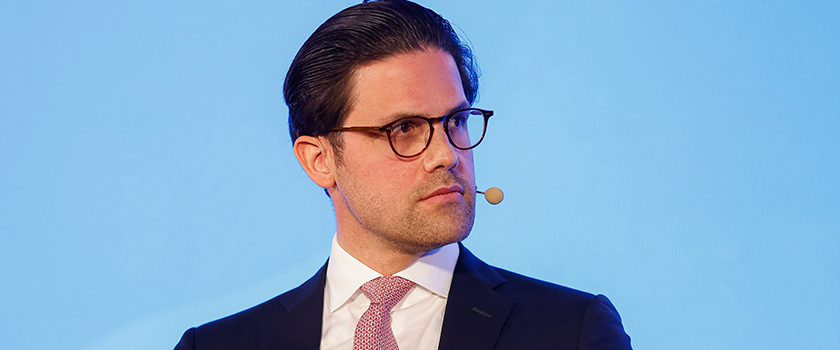Robert, you joined UBP after 36 years in the investment industry, of which you’ve spent the last 16 working on sustainability. How has the sustainable finance landscape evolved since then?
Quite a lot I must say. In 2007, the UN Principles for Responsible Investing (UN PRI) were just one year old, and negative screening was the predominant responsible investment strategy. Since then, ESG scoring methodologies have mushroomed, using companies’ non-financial information to help us better understand their practices with respect to environmental, social and governance issues. Following the landmark climate agreement reached at COP 21 in 2015, climate concerns have shot up the agenda. As a result, what companies are producing or offering, in addition to how they are managing ESG risks, has come under increased scrutiny.
As sustainable finance becomes more mainstream, what risks and opportunities do you see for financial institutions?
The transition to a sustainable economy is undeniably opening up significant investment opportunities. Companies that are adjusting their business models or developing solutions to social or environmental problems are well positioned to outperform their peers. Every financial institution is under pressure to seize those opportunities and meet growing pressure from regulators and the media when it comes to sustainability. But implementing sustainability within an investment approach is not easy and requires resources and skills. Also, to catch the attention of potential investors, there is a temptation to oversell sustainable investing capabilities and products. However, the same regulators and media are constantly scrutinising financial institutions in this respect, and any false or exaggerated claims, whether intentional or not, can cause significant reputational and financial harm.
Although sustainable investing is on the rise, many investors still doubt its profitability. How do you view this hesitation?
Sustainability relates to people’s ability to co-exist safely on Earth far into the future. The emphasis on the long term is important here. It’s true that last year wasn’t a good one for sustainable investments, as they are usually biased towards small growth companies and growth investments were eclipsed by value investments in 2022. It also doesn’t help that sustainability is often regarded as a strategy that excludes sectors like oil and defence, which hugely outperformed. But once again we need to position ourselves for the long run. Over the last 10 years the S&P 500 Oil & Gas Exploration and Production index has gained only 11%.
With a sustainability approach we are looking at long-term performance, which we are convinced will be superior for sustainable companies.
What is your sustainability vision for UBP?
At UBP we have adopted sustainability as a new dimension of investment, alongside risk and return. The world is changing and our economies will have to transition to more sustainable ones. All sectors will have to adapt to this new paradigm. Companies, including UBP, must question the sustainability of not only their business practices but also their business models. We believe that investment opportunities lie in companies that are making the right transitions or coming up with solutions to environmental and social challenges. So we are investing in gaining the necessary capabilities and resources to identify those winners and enhance our product offering.









